- Home›
- Healthy Living›
- 8 Foods To Eat And Avoid When You Have Kidney Stones
8 Foods To Eat And Avoid When You Have Kidney Stones
By: Priyanka Maheshwari Fri, 27 Oct 2023 10:00:24
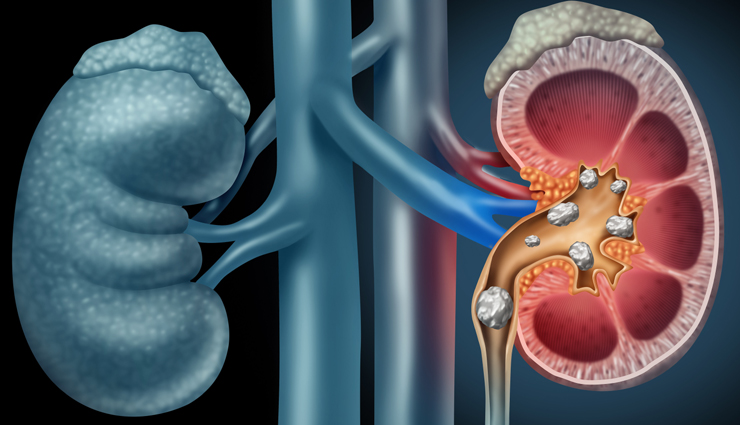
Kidney stones represent a prevalent and recurrent issue experienced by a significant number of individuals worldwide, causing considerable pain. Nonetheless, adopting a well-balanced kidney stone diet can play a crucial role in effectively managing their impact. A thoughtful and mindful approach to your dietary choices can assist in controlling and minimizing the likelihood of developing this condition. In this article, we delve into the intricacies of the kidney stone diet, shedding light on recommended foods and those to be avoided. Furthermore, we offer delightful recipes to make your journey towards improved kidney health both manageable and enjoyable. Continue reading to gain a deeper understanding of the dietary aspects of kidney stone prevention and management.
The kidney stone diet is a dietary strategy designed to either prevent the formation of kidney stones or effectively manage existing ones. This dietary plan prioritizes increased water intake to ensure proper hydration, thereby diluting urine and reducing the concentration of minerals that contribute to stone formation. Additionally, it involves the regulation of calcium, oxalate, and sodium consumption to prevent excessive calcium excretion in urine.
Kidney stones, which are solid, crystalline deposits composed of compounds like calcium, oxalate, and phosphate, develop within the kidneys. These small, rigid stones can cause excruciating pain as they traverse the urinary tract. They primarily consist of minerals and salts, which can accumulate due to a variety of factors, including dehydration, dietary choices, and genetic predisposition.
Data from the National Health and Nutrition Examination Survey (NHANES) conducted between 2015 and 2018 revealed that the prevalence of kidney stones among the 10,521 participants aged 20 and older was 11.0%. The 12-month incidence of kidney stones was 2,054 cases per 100,000 adults.
There are various types of kidney stones, with the most common being calcium oxalate and uric acid stones, accounting for approximately 70% of cases. Calcium oxalate stones develop when there is an excess of calcium and oxalate in the urine, leading to crystal formation. Uric acid stones form due to either an overproduction of uric acid or insufficient urine production to adequately dilute it.
Foods To Eat When You Have Kidney Stones
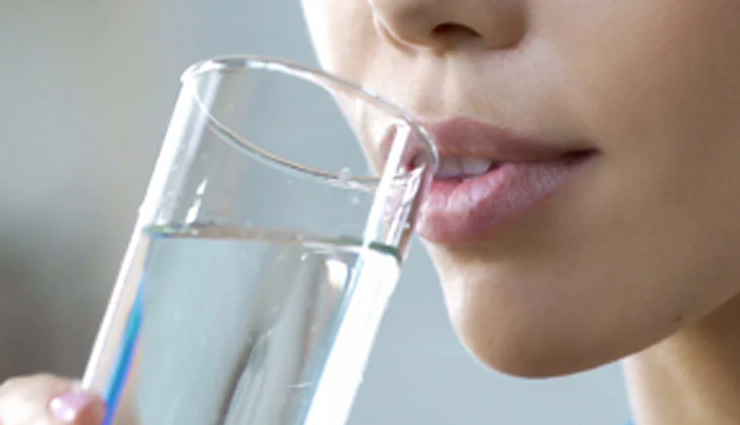
# Water
Staying well-hydrated by consuming a generous amount of water helps maintain urine in a diluted state, thereby thwarting the accumulation of minerals that may result in the development of kidney stones. Strive to achieve a daily intake of no less than 8-10 cups of water to ensure urine remains diluted and to prevent the formation of stones.
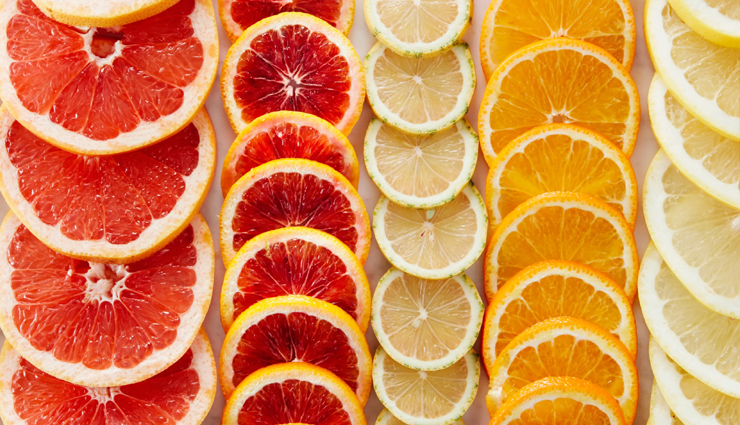
# Citrus Fruits
Increasing the inclusion of citrus fruits and their juices in your daily diet is advisable. Oranges, grapefruits, lemons, and limes are particularly rich in citrate, a compound that can aid in preventing specific types of kidney stones by binding to calcium in the urine. You can enjoy 1-2 glasses of any of these juices each day.
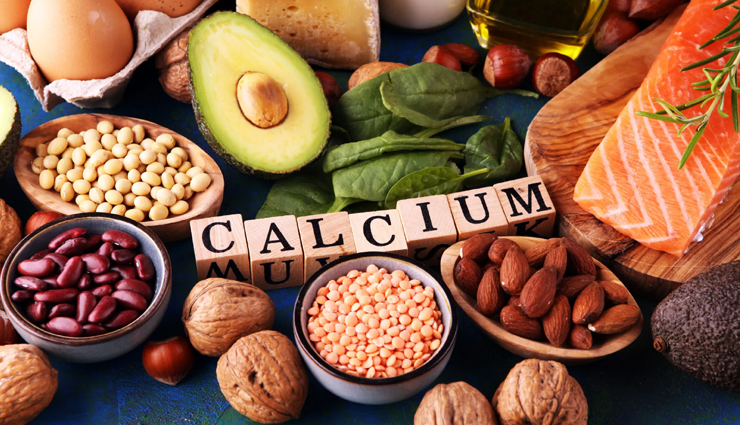
# Calcium-Rich Foods
Calcium is one of the elements involved in the formation of kidney stones. However, contrary to common misconceptions, experts recommend a moderate intake of calcium from dietary sources. This allows calcium to bind with oxalates in the intestines, reducing the risk of calcium oxalate stone formation. Good sources of calcium include dairy products, fortified plant-based milks, and leafy greens. The recommended daily intake of calcium is typically around 1000 – 1200 mg.
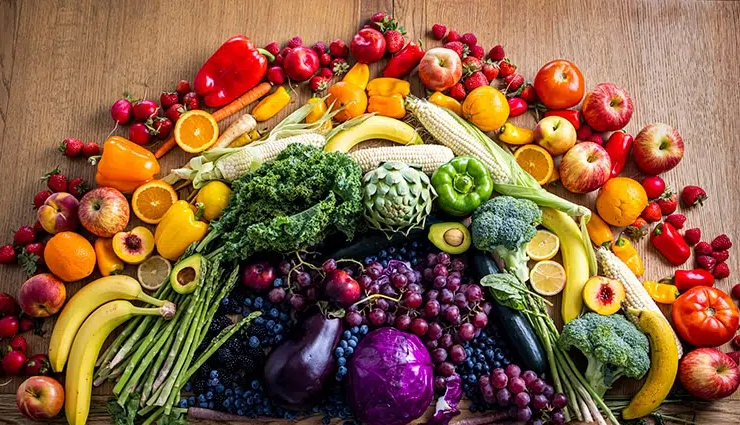
# Fruits and Vegetables
Fruits and vegetables are generally excellent choices for reducing the likelihood of kidney stone formation, as most of them have low oxalate content and are rich in essential nutrients and dietary fiber. It is advisable to consume at least 5 servings, each measuring around ½ cup. However, it's important to exercise moderation when consuming high-oxalate foods like spinach and rhubarb.
Foods To Avoid When You Have Kidney Stones
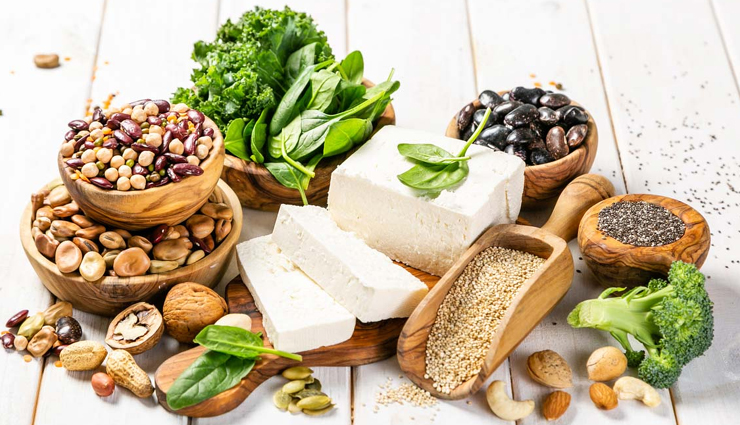
# Oxalate-Rich Foods
It is advisable to restrict the consumption of foods abundant in oxalates, such as spinach, rhubarb, beets, and nuts, as they can elevate the risk of developing calcium oxalate stones.
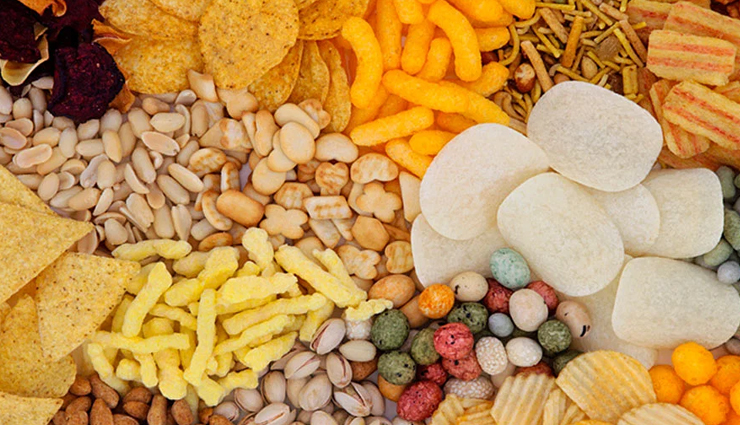
# Sodium-Rich Foods
Excessive sodium intake can lead to an increased excretion of calcium in the urine, potentially fostering the formation of kidney stones. Consequently, it is prudent to steer clear of highly processed and salty food items.
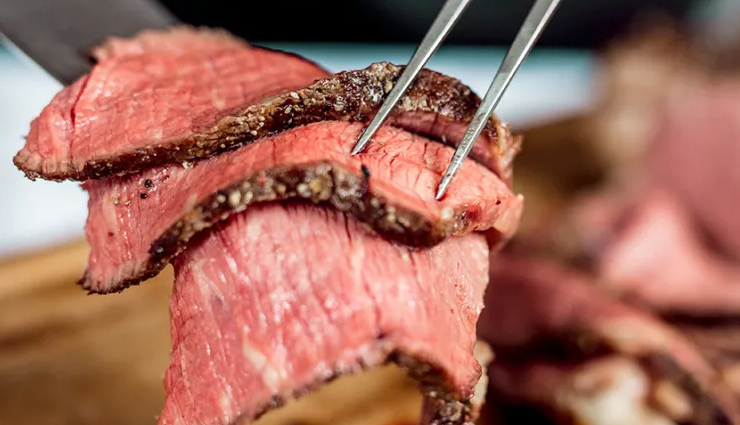
# Animal Protein Sources
Reducing your intake of red meats, organ meats, and certain seafood is recommended, as they contain purines that have the potential to contribute to the formation of uric acid stones. Consider consuming a small portion once a day or explore plant-based meat alternatives.
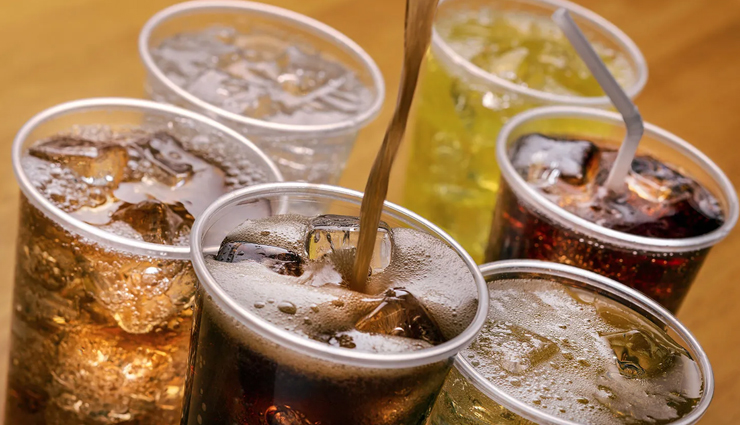
# Carbonated Beverages
Some studies have hinted at a possible connection between the consumption of carbonated beverages and kidney stones, likely due to their phosphoric acid content. Therefore, it is a prudent choice to opt for non-acidic beverages whenever possible.





